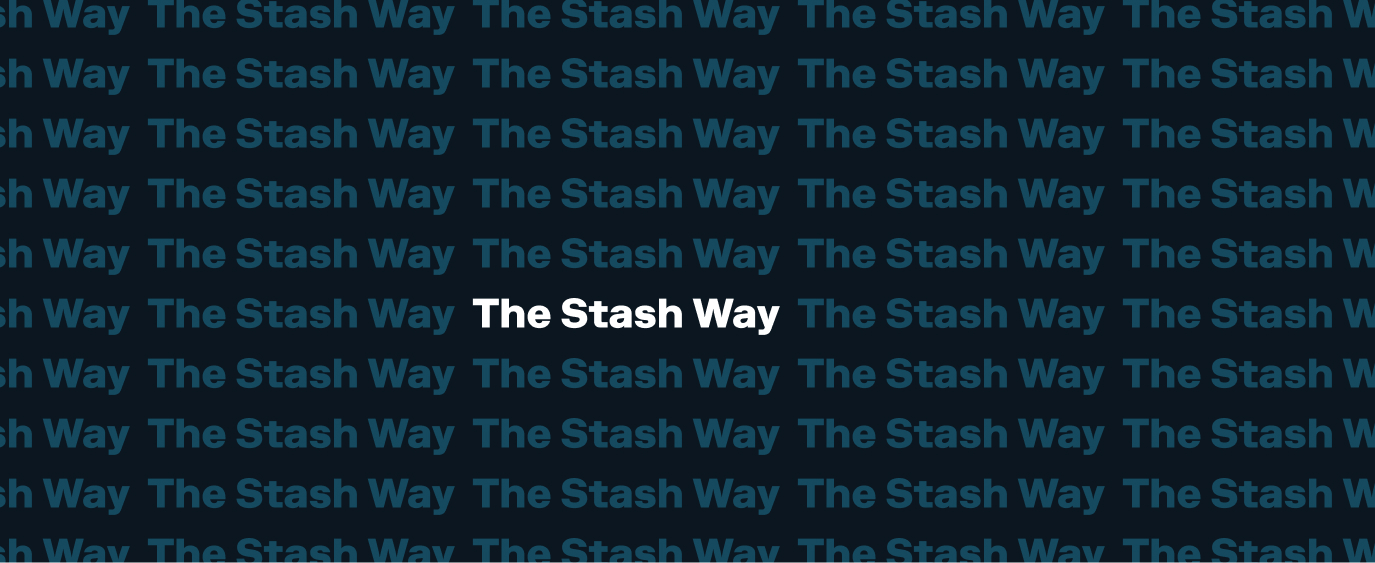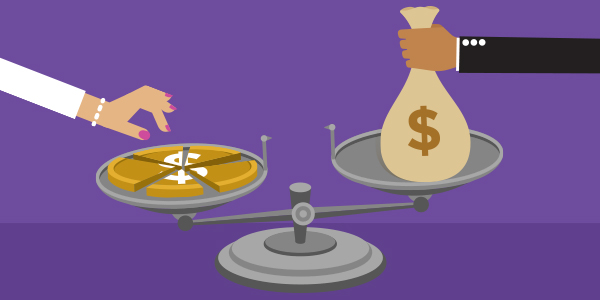Everything you Need to Know about Dividends
A dividend is a payment to a shareholder when a company shares its profits. The amount of dividends you receive will be proportional to the amount of stock you own in that company. Dividends are usually paid in cash (not additional stock), and will be deposited into your Portfolio Cash. You may earn dividends on stocks and ETFs.
Note: Dividends paid on investments held in your Smart Portfolio will be automatically reinvested in your Smart mix.
Companies may pay dividends, but they are not required to. Generally, larger, more established companies tend to pay dividends, although they are not the only ones who do. Dividends are usually paid on a quarterly basis, but the timing depends on the company’s board of directors.
[Want to research dividends? Check out NASDAQ’s Dividend History page]
Dividends and Taxes
Depending on the amount of dividends you receive, you may need to report them on your taxes. If you receive a total of $10 or more in dividends in a calendar year, you’ll receive a 1099-DIV form to file along with your taxes.
Have specific questions about dividends and taxes? Please consult a tax professional.
Related questions View all Invest
-
Q. T+1 FAQs
To align with the rest of the financial services industry, we are making changes to the timing of when trades will settle that will go into effect on May 28, 2024. This will mean that trades will start settling in one day instead of two.…
-
Q. StashWorks Employee FAQs
Why should I enroll in StashWorks? Stash makes saving money easy, fun and rewarding for millions of customers. On StashWorks, you can automatically put money into a saving solution, instantly access your funds in case of an emergency, and take unlimited advantage of a wealth of financial content and guidance to build confidence and good habits along the way.…
-
Q. StashWorks Contribution Streaks
Looking to take control of your finances? As a StashWorks customer, you can earn up to $55 by setting up payroll contributions into your Stash account. To get started, set up a direct deposit from the employer who sponsors your StashWorks subscription to your Stash banking account,…
Didn’t find your question?
Tell us what you’re looking for, and we’ll search for resources that could help.
Ask your question

